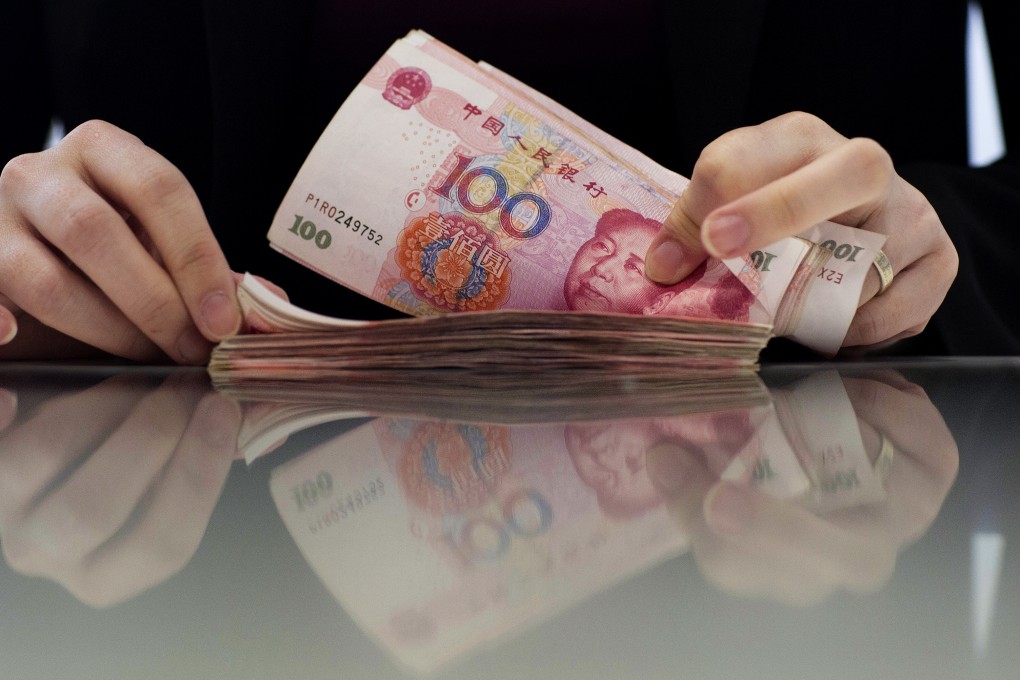Macroscope | Beijing's 'new normal' currency policy does not imply a weaker yuan
Currency devaluation is not the best option for the authorities as they push through economic restructuring in the face of reform resistance

The People's Bank of China has been intervening less in the foreign-exchange market since it moved to squash speculators making the so-called one-way bet trade on yuan appreciation early last year.
The currency has been in a "new normal" paradigm since, in which two-way trading and currency volatility have finally become a reality.
Market players have responded by increasing onshore hedging activity, which led to the yuan's 2.5 per cent decline against the US dollar for the year.
That move has led some analysts to conclude that the yuan will drop sharply this year, but it is a conclusion based predominately on their view of the rate of the yuan against the dollar, largely ignoring its trade-weighted exchange rate. And it misses the fact that the PBOC's policy stance is focused on the trade-weighted rate.
According to estimates from the Bank for International Settlements, the dollar, the euro and the yen have the biggest weights (21 per cent, 18.4 per cent and 16.8 per cent, respectively) in what it believes to be contained in the currency basket against which the PBOC manages the yuan.
If the PBOC targets a stable trade-weighted average exchange rate, weakness in the euro and the yen implies that it would have to devalue the yuan.
